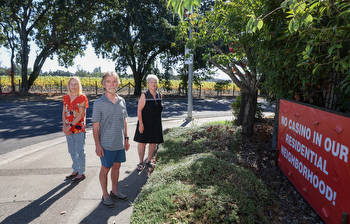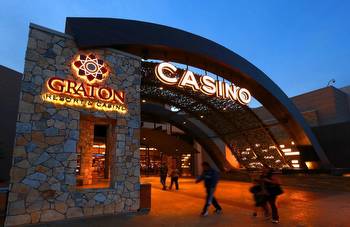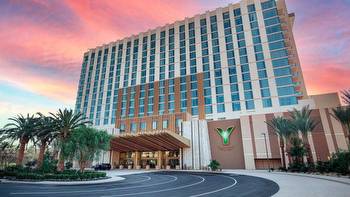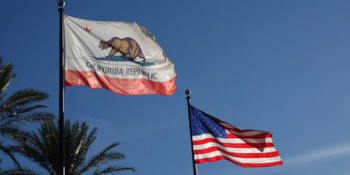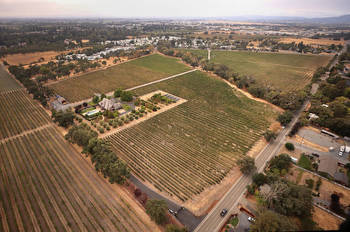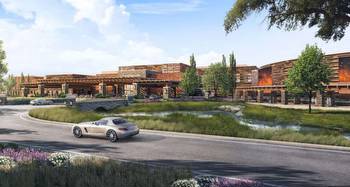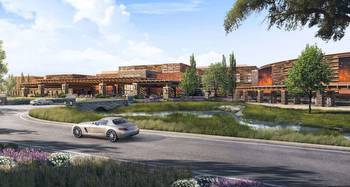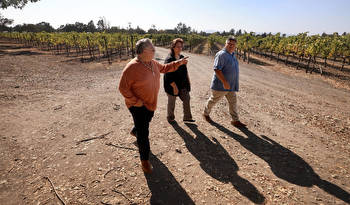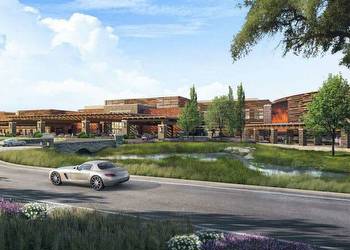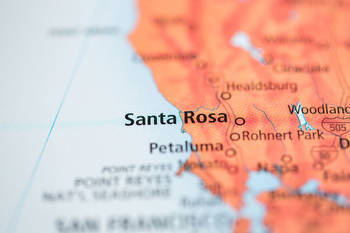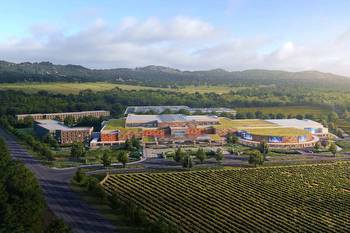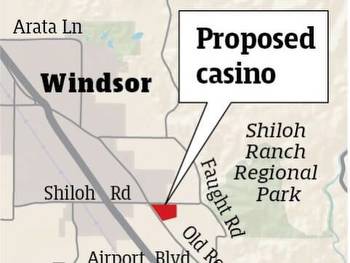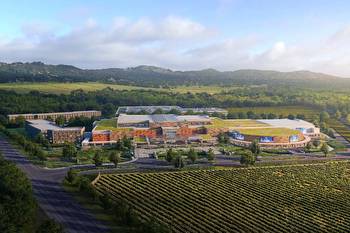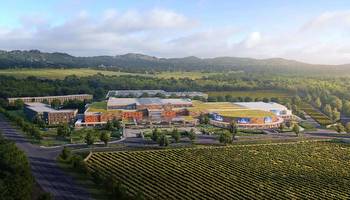Koi partnering with Chickasaw nation on Shiloh casino
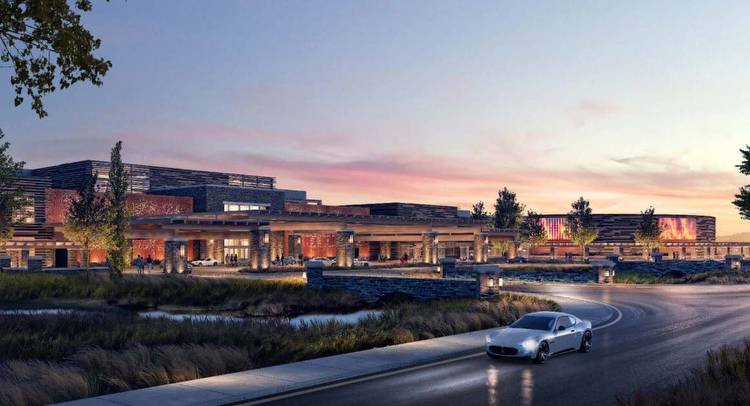
The Koi Nation of Northern California has taken a major step toward advancing a large resort-casino project just outside Windsor, announcing a predevelopment agreement with the Chickasaw Nation of Oklahoma.
Under the agreement, Global Gaming Solutions — a wholly owned business of the Chickasaw tribe — would partner with the Koi on its planned Shiloh Casino & Resort. The company would also manage and operate the facility on East Shiloh Road in unincorporated Sonoma County. Koi leaders say the enterprise will include 2,500 Class III gaming machines, a 200-room hotel, six restaurants and food service areas, a meeting center and a spa. In all, the complex will employ more than 1,100 full-time workers when fully operational.
The Chickasaw Nation, based in Ada, Oklahoma, is a larger, more commercially successful tribe, with at least 200 business ventures that include 23 gaming establishments. One of those is Winstar World Casino and Resort in Thackerville, Oklahoma, which the tribe bills as the largest casino in the world.
“We’re honored that the Chickasaw Nation would consider moving forward with us on this this project,” Koi vice chair and director of development Dino Beltran told The Press Democrat. “When it comes to industry, infrastructure, hospitality and Native-American values, we feel we found a great partner moving forward, on those fronts alone.”
The Koi were “courted by quite a few” tribes seeking partnership in the Shiloh development, Beltran added. He said it would have been difficult for the Koi to proceed alone on a development of this scale.
“I think at the end of day, it’s probably a matter of means to help us get through the process,” he said. “And we had limitations there.”
That acknowledgment is prudent on the part of the Koi, said Kathryn Rand, co-director of the Institute for the Study of Tribal Gaming Law and Policy at the University of North Dakota.
“If I were giving advice to a new casino operator, I’d tell them to look for experienced partners,” Rand said. “The area of tribal gaming and gaming regulations are very specific. A tribal operator, even one in Oklahoma, will operate under the same federal laws and regulations. They know what compacts mean.”
In Rand’s opinion, the Chickasaw’s most important contributions could be political.
“I think you would expect a small tribe that had not yet had the benefit of running casino would need outside expertise and investment. That’s no surprise,” Rand said. “But who they choose can have political blowback depending on local and state politics. This is complete speculation on my part, but that could be one of reasons the Koi Nation has reached out to a tribal partner.”
The Chickasaw clearly have experience in the business. But their 23 casinos are all in Oklahoma.
“This could be a signal that the Chickasaw Nation is looking to expand its role in gaming beyond Oklahoma,” Rand said.
The Koi Nation, a distinct band of Pomo Indians with roots in modern-day Lake and Sonoma counties, purchased the 68-acre property in Shiloh for $12.3 million in September. The project was immediately opposed by neighbors, and by the Federated Indians of Graton Rancheria, who own the Graton Casino & Resort in Rohnert Park.
Dino Beltran said Koi tribal leaders have had little communication with local political leaders since the original announcement in September, and he is uncertain of their current stances on the project. He knows some residents are hostile to the casino, but he believes they are misinformed in some ways.
“I don’t know where people get these theories,” he said. “One very popular thing that has been stated from from the public is that we had a Las Vegas backer. We’ve never even spoken to a Las Vegas interest. And they think the developer is getting all the money. That’s just not true.”
The hurdles in front of the Koi Nation, a small tribe with about 90 enrolled members, remain significant. The Koi can enter into partnership with the larger Chickasaw Nation, Rand said, but must remain the primary beneficiary of the project.
Meanwhile, the Pomo band must navigate local politics, sure to be heated in an area with major traffic and water concerns.
But the Koi don’t necessarily have to wait passively for the U.S. Department of the Interior to approve the land-into-trust agreement that would allow the tribe to build its casino, Rand said. They own the land and can break ground anytime, as long as they follow local regulations.
And teaming up with the Chickasaw Nation, the professor said, could help reassure some Sonoma County stakeholders.
“They’re going to partner with an experienced tribe who has been successful, not only in gaming but in building strong relations with surrounding communities,” Rand said. “If you end up with a tribal casino in your backyard, you certainly want it to be a well-run casino.”
This is a developing story. Check back for updates.
You can reach Phil Barber at 707-521-5263 or phil.barber@pressdemocrat.com. On Twitter @Skinny_Post.








